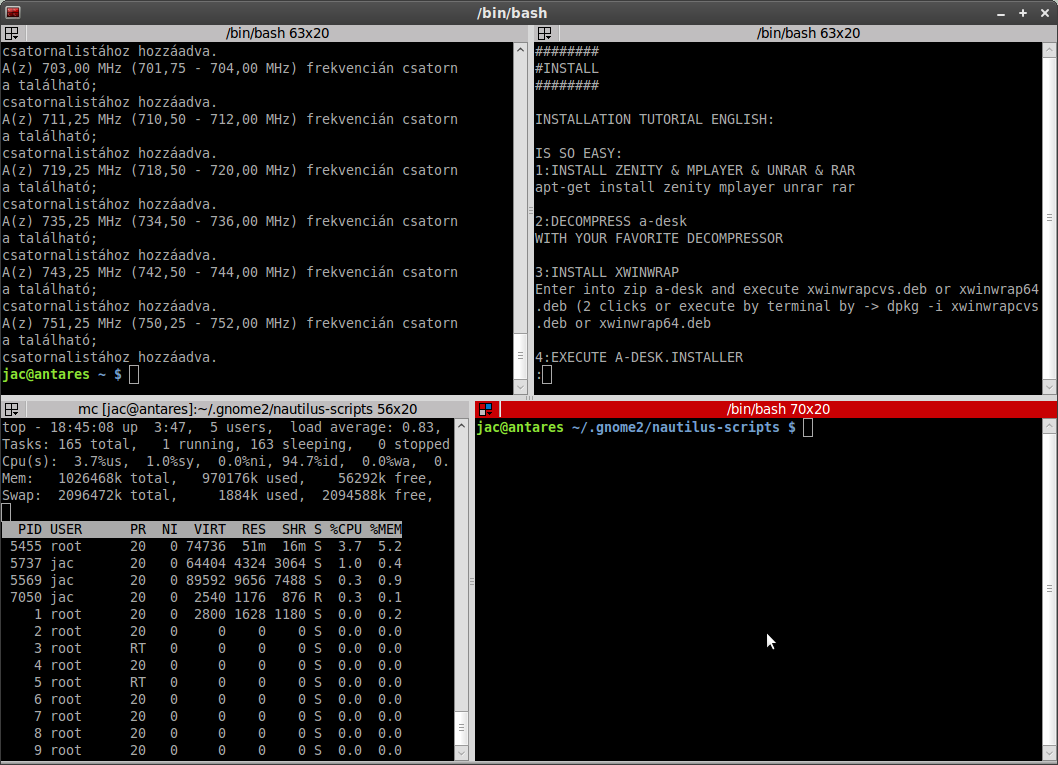Getting set up - ece545au20/catkin_ws GitHub Wiki
Working Environment and Tools
- Virtual Machine
- VSCode
- SSH
- Terminator & Tmux (multiple re-sizable terminal panels in single window)
- TeamViewer
Virtual Machine
We will be working with ROS under the Ubuntu Linux operating system. We recommend running Ubuntu, with our pre-installed MuSHR car simulation environment, as a virtual machine. We have pre-installed and configured the software for you. Here are instructions on how to install the virtual machine client and the class virtual machine.
-
Download and install the VMware client. All UW students can download the VMware client software for free from here. For Mac users, download VMware Fusion 12 Player. For Windows users, download VMware Workstation 16 Player.
-
Download the class VM Instance. We recommend that you use our pre-configured virtual machine (download MuSHR_Student.ova file from here). Since the development environments, ROS, and robot simulation software are set up correctly in this virtual machine. And you will be able to enjoy the fun of robotics without going through a lot of trouble.
-
Install & run the VM Start the VMware client. Import and run the .ova file you downloaded.
-
Log in to the Ubuntu Guest OS Use the login information below to sign in to Ubuntu.
User name: robot
Password: prl_robot
WSL on Windows
Thanks for Miller’s contribution of this WSL ROS Mushur Setup tutorial
VSCode
Code Editor We recommend using VSCode.
Useful extension.
- Material Theme
- Material Icon Theme
- Remote Development using SSH
- Pylance
- Better Comments
- Bracket Pair Colorizer 2
- highlight-icemode
- indent-rainbow
- CMake
SSH
To SSH into a server, run:
ssh username@HostIP
Typing in your password may get tiresome. To set up passwordless authentication, generate a pair of SSH keys and copy them to your server:
ssh-keygen # Press Enter to accept defaults, password is optional
ssh-copy-id username@HostIP
Even without having to type your password, it may be annoying to open multiple SSH windows. You can use tools like tmux to maintain multiple virtual terminals within a single SSH session.
Note that using SSH, you will not be able to access any GUIs.

